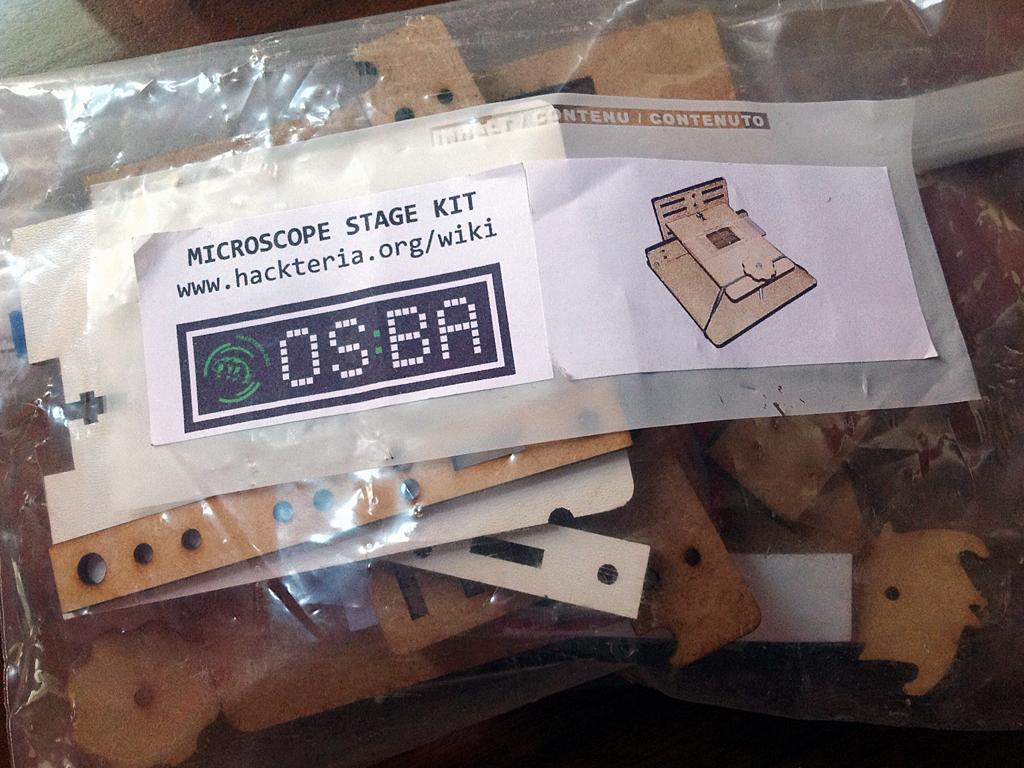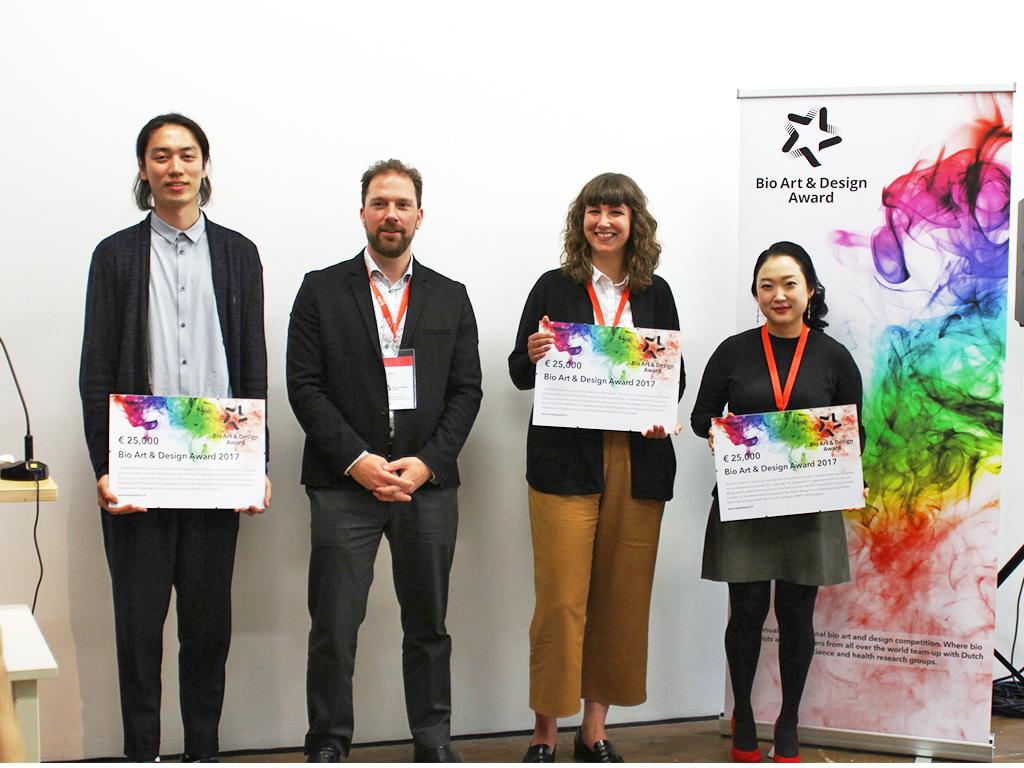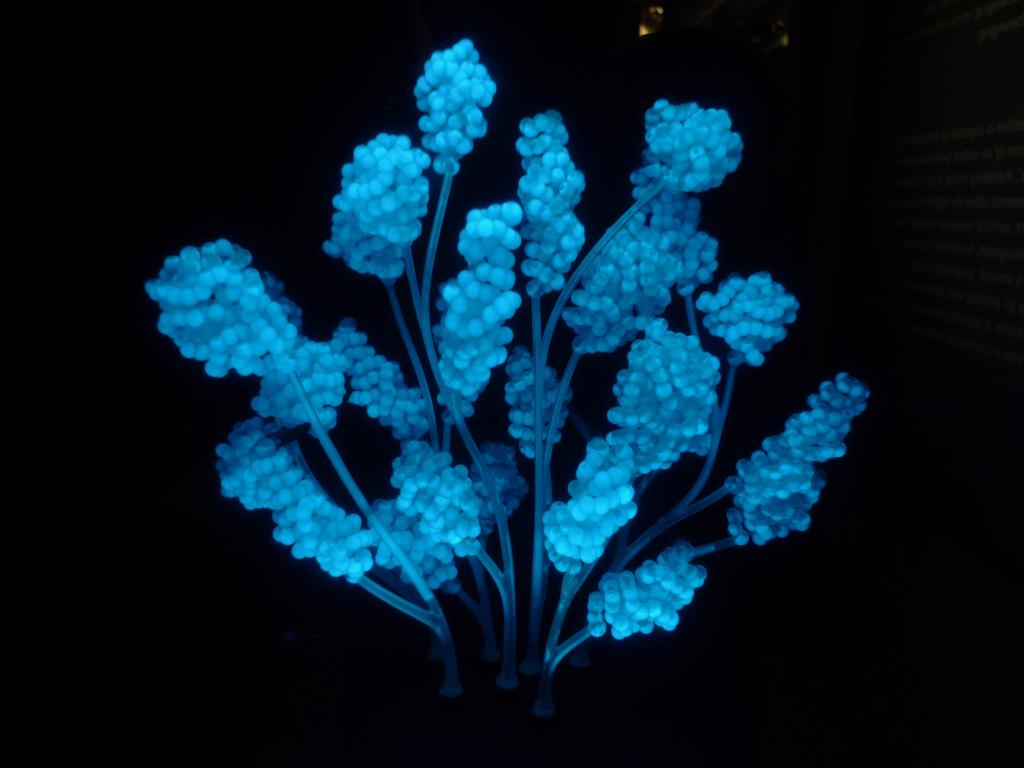While the world as we know it is rapidly changing in a radical way and everyone is trying to get a new grip on the situation, the best strategy might be to embrace the change, the uncertainty and the transitoriness of the existing. This crisis demands a critical look at our methods to fight it and thorough research into its emergence, causes and consequences. Traditional boundaries, like those between art and science or subject and object, no longer have a place in this. A new platform is needed for this research, where people can meet that look differently at reality, trying to find the answers by willingly crossing those boundaries.
In short, this is the motivation for Mutamorphosis an eclectic conference with over a hundred speakers with a background in art, science and activism. Last week a second edition was held in Prague, after the first successful meeting in 2007, of which all information can be found online. Themes are crisis, uncertainty, complexity and cognition; the format exists of panels of three of four speakers with a discussion.
Among the presentations, there were a number of jewels to be found, like the SKYPE performance of art and science agitator Adam Zaretsky, artist/researcher Jennifer Kanary, Anna Dumitriu of the Institute for Unnecessary Research, Lucas Evers of our own Wetlab and Zack Denfeld of the ingenious Center for Genomic Gastronomy. Inspiring too was the workshop by Hackteria that showed that you can do bio research without any special equipment.

I am very sympathetic towards Mutamorphosis and the conviction that art and science need each other to create insight and generate solutions for our current situation. This especially works well when they mutally inspire and challenge each other, like in the Designers and Artist 4 Genomics Award. We will have to dissiminate the knowledge widely, and will have to become bio makers besides software and hardware makers. We will have to occupy ourselves thoroughly with our brain in all her complexity and enforce and explicite our ties with the philosophical roots of our thinking. The communities and individuals that experiment with this are already there and are open to new participants - there is no excuse to stay away from them.


